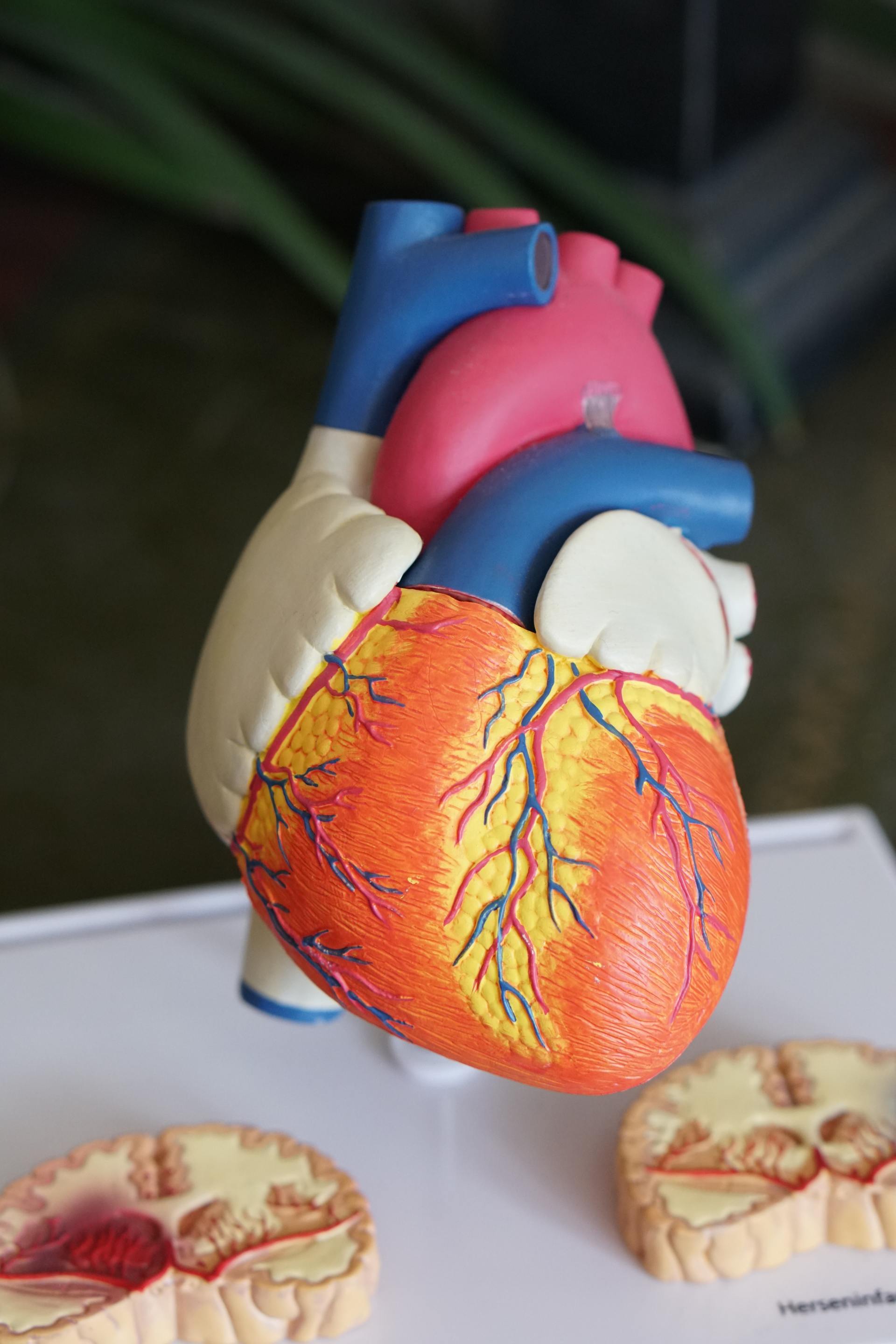Hypertension/High Blood Pressure High blood pressure (HBP) is a serious condition that can lead to coronary heart disease,heart failure, stroke, kidney failure, and other health problems. “Blood pressure” is the force of blood pushing against the walls of the arteries as the heart pumps blood. If this pressure rises and stays high over [...]
Hypertension/High Blood Pressure
High blood pressure (HBP) is a serious condition that can lead to coronary heart disease,heart failure, stroke, kidney failure, and other health problems.
“Blood pressure” is the force of blood pushing against the walls of the arteries as the heart pumps blood. If this pressure rises and stays high over time, it can damage the body in many ways.
Overview
About 1 in 3 adults in the United States has HBP. The condition itself usually has no signs or symptoms. You can have it for years without knowing it. During this time, though, HBP can damage your heart, blood vessels, kidneys, and other parts of your body.
Knowing your blood pressure numbers is important, even when you’re feeling fine. If your blood pressure is normal, you can work with your health care team to keep it that way. If your blood pressure is too high, treatment may help prevent damage to your body’s organs.
Blood Pressure Numbers
Blood pressure is measured as systolic (sis-TOL-ik) and diastolic (di-ah-STOL-ik) pressures. “Systolic” refers to blood pressure when the heart beats while pumping blood. “Diastolic” refers to blood pressure when the heart is at rest between beats.
You most often will see blood pressure numbers written with the systolic number above or before the diastolic number, such as 120/80 mmHg. (The mmHg is millimeters of mercury—the units used to measure blood pressure.)
The table below shows normal blood pressure numbers for adults. It also shows which numbers put you at greater risk for health problems.
Categories for Blood Pressure Levels in Adults (measured in millimeters of mercury, or mmHg)
| Category | Systolic (top number) |
Diastolic (bottom number) |
|
|---|---|---|---|
| Normal | Less than 120 | And | Less than 80 |
| Prehypertension | 120–139 | Or | 80–89 |
| High blood pressure | |||
| Stage 1 | 140–159 | Or | 90–99 |
| Stage 2 | 160 or higher | Or | 100 or higher |
The ranges in the table apply to most adults (aged 18 and older) who don’t have short-term serious illnesses.
Blood pressure doesn’t stay the same all the time. It lowers as you sleep and rises when you wake up. Blood pressure also rises when you’re excited, nervous, or active. If your numbers stay above normal most of the time, you’re at risk for health problems. The risk grows as blood pressure numbers rise. “Prehypertension” means you may end up with HBP, unless you take steps to prevent it.
Visit Us Today
We offer same-day appointments. Schedule an appointment with us today and one of our staff members will be available for assistance.














